The week's good news: August 31, 2023
It wasn't all bad!


- 1. Foster dog on overnight visit saves family from fire
- 2. Researchers discover antibiotic that could be revolutionary
- 3. Lego releases braille bricks for blind and visually impaired kids
- 4. The Y chromosome has been fully sequenced for the first time
- 5. World record set in Nebraska for largest attendance at a women's sporting event
A free daily email with the biggest news stories of the day – and the best features from TheWeek.com
You are now subscribed
Your newsletter sign-up was successful
1. Foster dog on overnight visit saves family from fire
Overnight, Moose went from a foster dog looking for a new home to a hero. In Portsmouth, Virginia, the Portsmouth Humane Society has a program called Paws Around PTown that allows community members to take a dog out of the shelter for the day. In early August, Chris Cushna, Sheila Janes and their family checked out Moose, a Great Pyrenees, and had so much fun they kept him for a second night. Early the next morning, Moose began pacing and panting and woke up the kids, who realized there was a fire on the houseboat next to theirs. The family and Moose escaped, right before the flames reached their houseboat. "We credit Moose for getting us out," Janes told The Washington Post. Because of the circumstances, they couldn't keep Moose, but a family living on a nearby farm heard about his heroics and quickly adopted him. "Moose is living his best life," Janes said. "He truly deserves it."
2. Researchers discover antibiotic that could be revolutionary
Scientists working with "dark matter" bacteria have identified a new antibiotic called Clovibactin. The compound was isolated from bacteria found in sandy soil collected in North Carolina. "The antibiotic appears to kill bacteria in an unusual manner, making it more difficult for bacteria to develop any resistance against it," Utrecht University stated. Antimicrobial resistance is on the rise worldwide, and most new antibiotics created are similar to those already in use. Clovibactin is different, as it targets three precursor molecules, blocking bacterial cell wall synthesis. "As Clovibactin only binds to the immutable, conserved part of its targets, bacteria will have a much harder time developing any resistance against it," Dr. Markus Weingarth of the Chemistry Department at Utrecht University said. "In fact, we did not observe any resistance to Clovibactin in our studies." A global team worked on the research and released its findings last week in the journal Cell.
The Week
Escape your echo chamber. Get the facts behind the news, plus analysis from multiple perspectives.

Sign up for The Week's Free Newsletters
From our morning news briefing to a weekly Good News Newsletter, get the best of The Week delivered directly to your inbox.
From our morning news briefing to a weekly Good News Newsletter, get the best of The Week delivered directly to your inbox.
3. Lego releases braille bricks for blind and visually impaired kids
Lego is making playing more inclusive. The company worked with organizations for the blind to develop a brick that is coded with braille and since 2020 has been donating sets to schools for kids who are visually impaired. Now, these bricks are available for everyone to purchase. Learning braille leads to better spelling, reading and writing skills, The European Blind Union stated, as well as improved employment opportunities in the future. Lisa Taylor's daughter, Olivia, age 7, was introduced to Lego braille bricks at school, and "they had such a big impact on her curiosity for braille," Taylor told The Guardian. "Before then, she found it hard to get started with the symbols, but now she's improving all the time."
4. The Y chromosome has been fully sequenced for the first time
For the first time, scientists have fully sequenced the Y chromosome, the smallest and most complicated of all. Scientists have been working on fully mapping all 46 human chromosomes for the last two decades, and in 2022, the Telomere-to-Telomere Consortium announced it sequenced the complete human genome. Still, more than half of the Y chromosome's sequence was a mystery until now, researchers wrote in a new study published last week in the journal Nature. "Research is emerging that shows proper Y chromosome gene function is incredibly important for the overall health of men," senior study author Charles Lee, a professor and research director at the Jackson Laboratory for Genomic Medicine, said in a statement. "Our study enables the inclusion of the full Y chromosome in all future studies when sequencing male genomes to understand health and disease."
A free daily email with the biggest news stories of the day – and the best features from TheWeek.com
5. World record set in Nebraska for largest attendance at a women's sporting event
In Lincoln, Nebraska, 92,003 people gathered at the Memorial Stadium on Wednesday to make history. They were there for the volleyball game between Nebraska and Omaha, and became the largest crowd to ever watch a women's sporting event. In the spring, Nebraska announced it was planning a celebration called "Volleyball Day in Nebraska," and invited fans to come pack the stadium on August 30 for the match. Volleyball is popular in Nebraska, but the university still took a chance with the event, Huskers Coach John Cook told The Associated Press. "It feels like a great accomplishment for this sport called volleyball played by women," he added. "It's a state treasure. We proved it." The previous world record was set April 22, 2022, at a Champions League match between FC Barcelona and Wolfsburg in Spain, with 91,648 people in attendance.
Catherine Garcia has worked as a senior writer at The Week since 2014. Her writing and reporting have appeared in Entertainment Weekly, The New York Times, Wirecutter, NBC News and "The Book of Jezebel," among others. She's a graduate of the University of Redlands and the Columbia University Graduate School of Journalism.
-
 The ‘ravenous’ demand for Cornish minerals
The ‘ravenous’ demand for Cornish mineralsUnder the Radar Growing need for critical minerals to power tech has intensified ‘appetite’ for lithium, which could be a ‘huge boon’ for local economy
-
 Why are election experts taking Trump’s midterm threats seriously?
Why are election experts taking Trump’s midterm threats seriously?IN THE SPOTLIGHT As the president muses about polling place deployments and a centralized electoral system aimed at one-party control, lawmakers are taking this administration at its word
-
 ‘Restaurateurs have become millionaires’
‘Restaurateurs have become millionaires’Instant Opinion Opinion, comment and editorials of the day
-
 The week's good news: Sept. 21, 2023
The week's good news: Sept. 21, 2023It wasn't all bad!
-
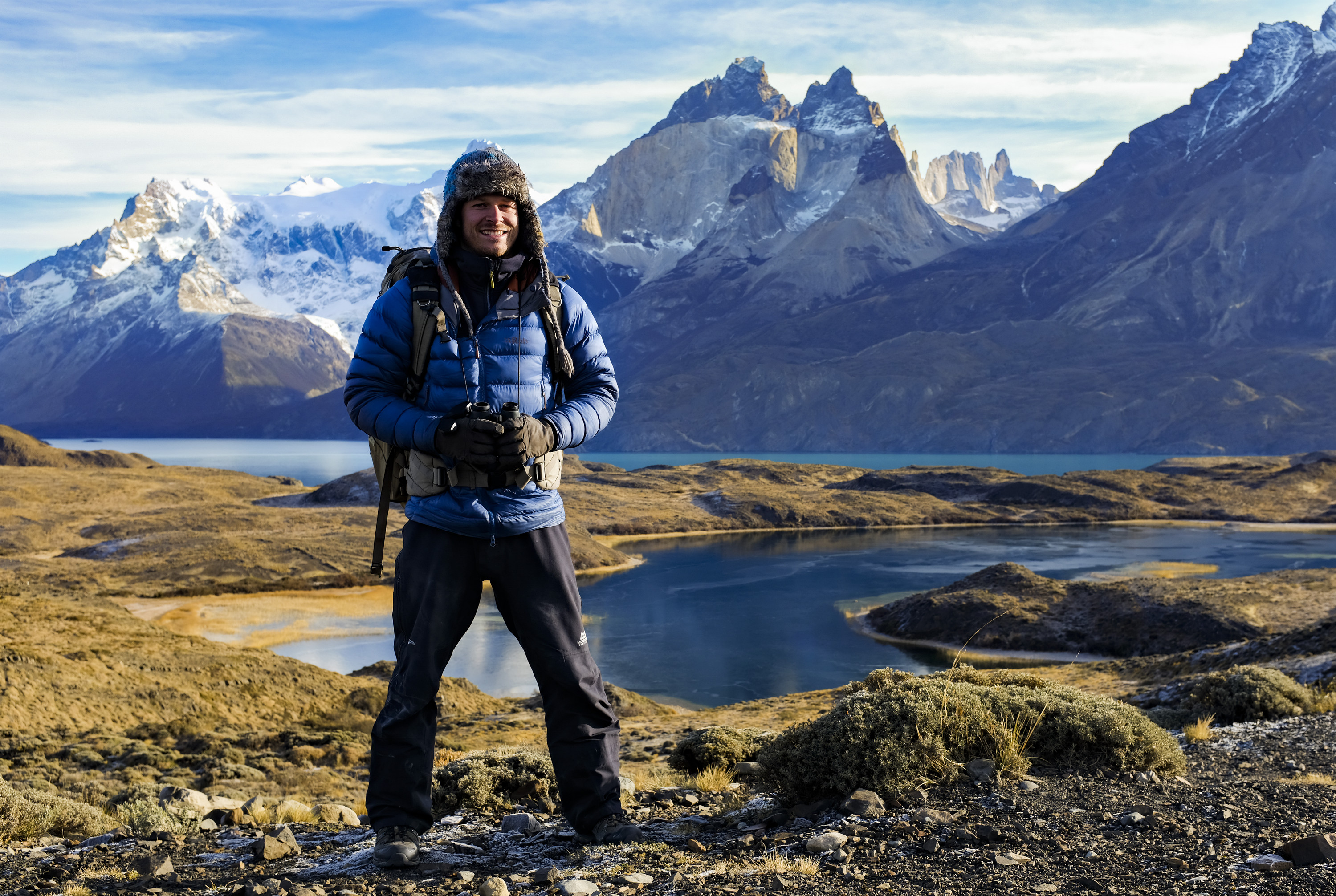 The week's good news: Sept. 14, 2023
The week's good news: Sept. 14, 2023It wasn't all bad!
-
 The week's good news: Sept. 7, 2023
The week's good news: Sept. 7, 2023feature It wasn't all bad!
-
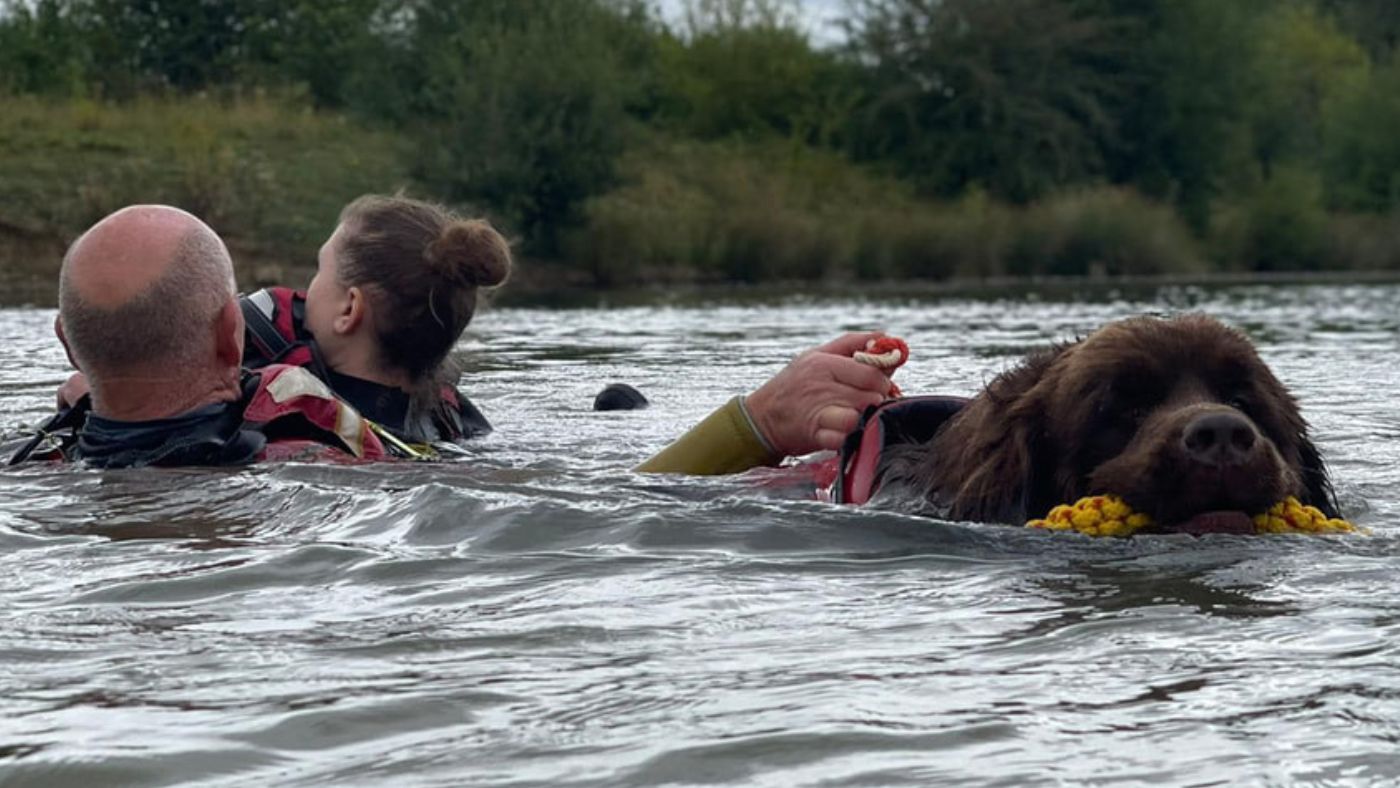 Lives transformed by swimming with Newfoundland dogs
Lives transformed by swimming with Newfoundland dogsfeature Good news stories from the past seven days
-
 The week's good news: August 17, 2023
The week's good news: August 17, 2023feature It wasn't all bad!
-
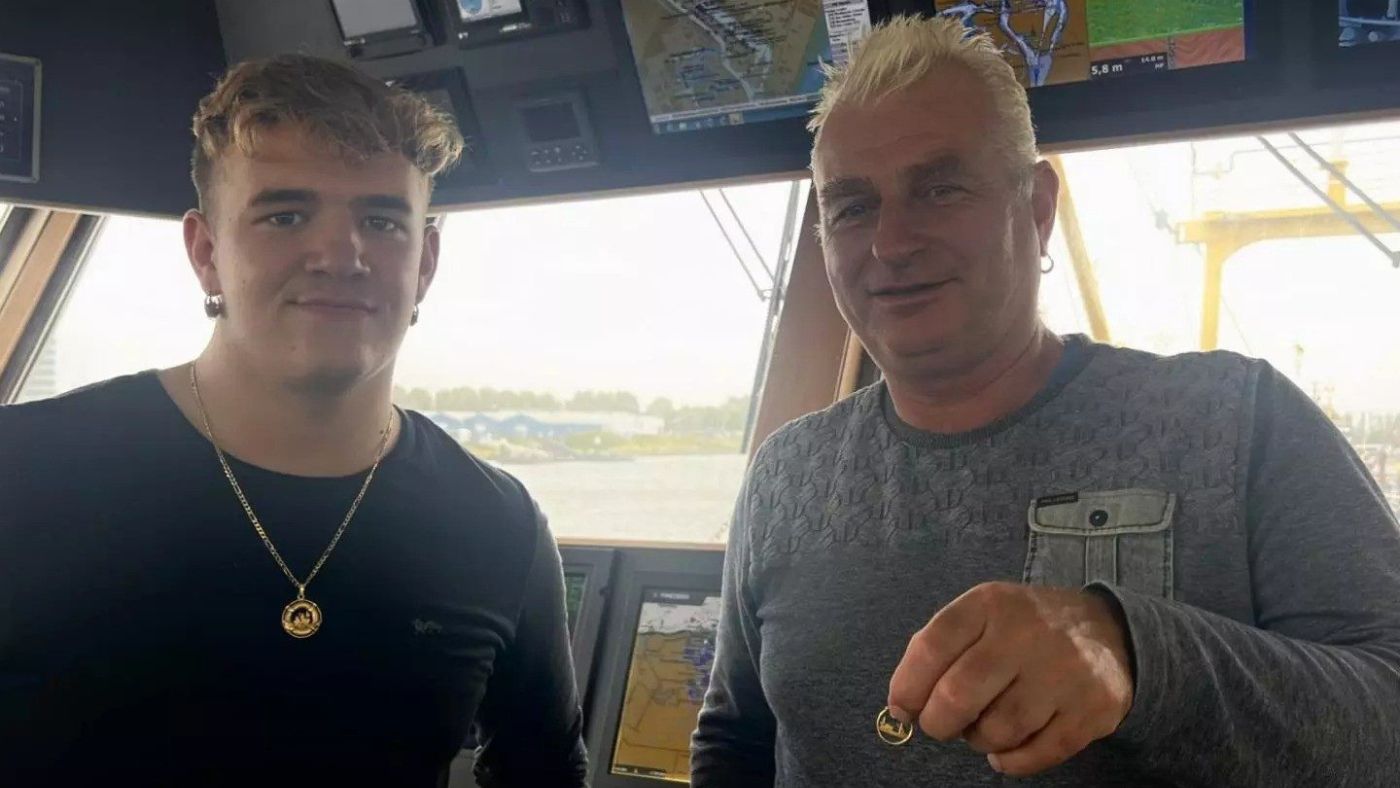 Earring lost at sea returned to fisherman after 23 years
Earring lost at sea returned to fisherman after 23 yearsfeature Good news stories from the past seven days
-
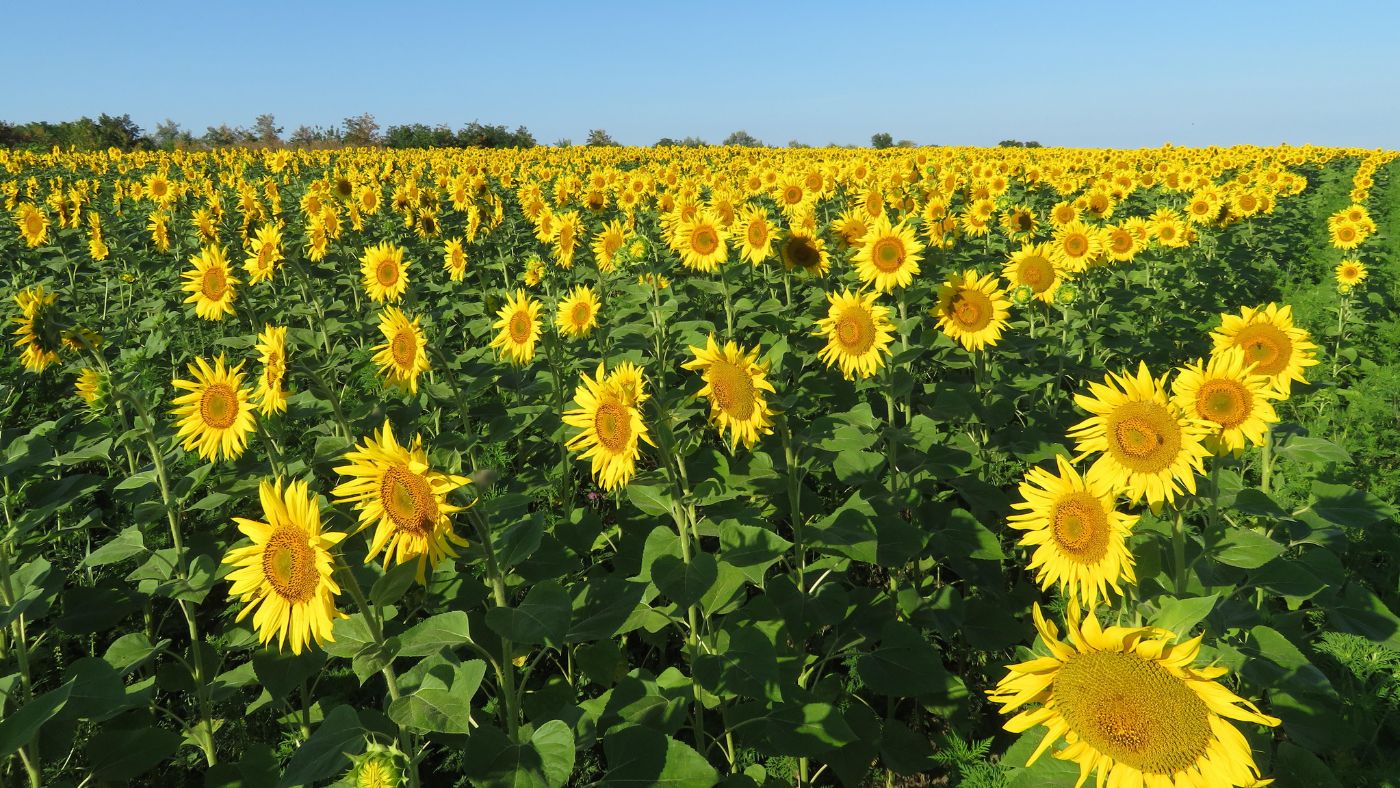 Farmer plants 1.2m sunflowers as present for his wife
Farmer plants 1.2m sunflowers as present for his wifefeature Good news stories from the past seven days
-
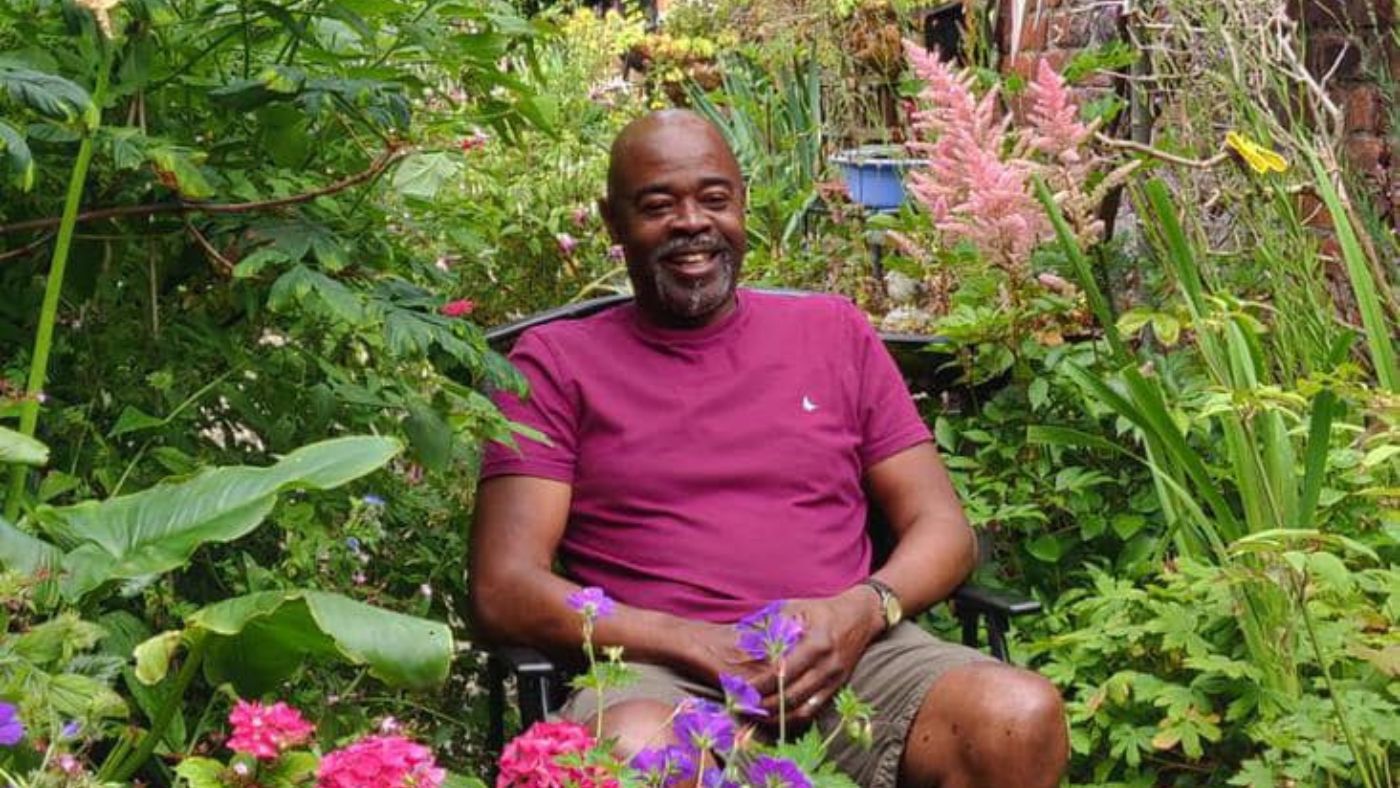 Manchester alleyway transformed into a plant-filled haven
Manchester alleyway transformed into a plant-filled havenfeature Good news stories from the past seven days
